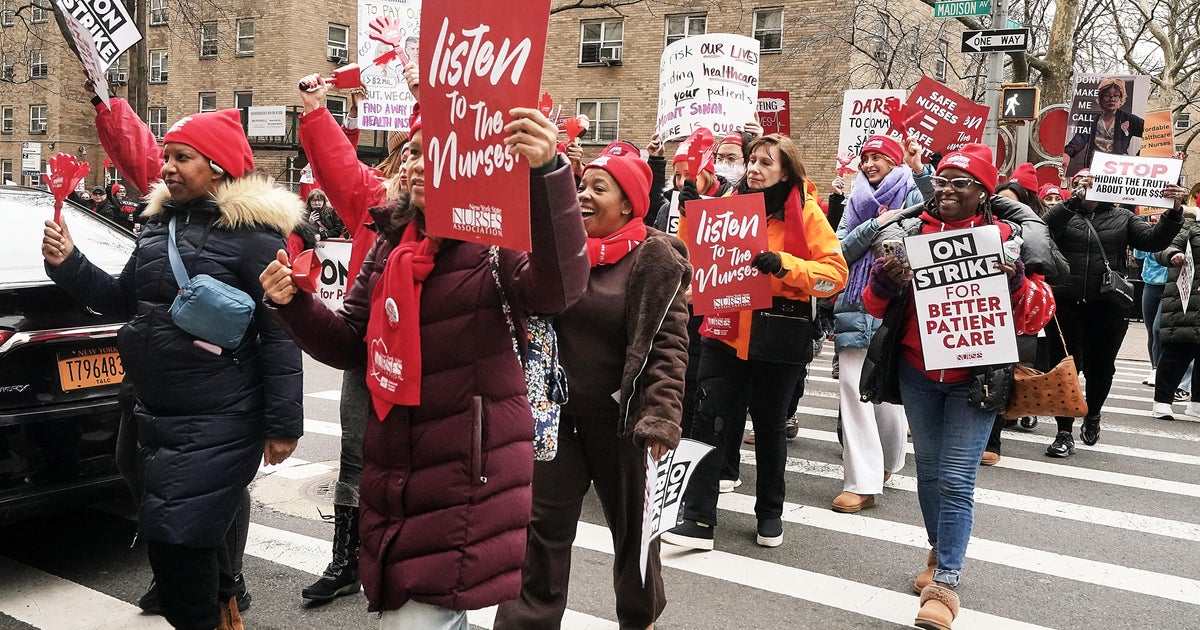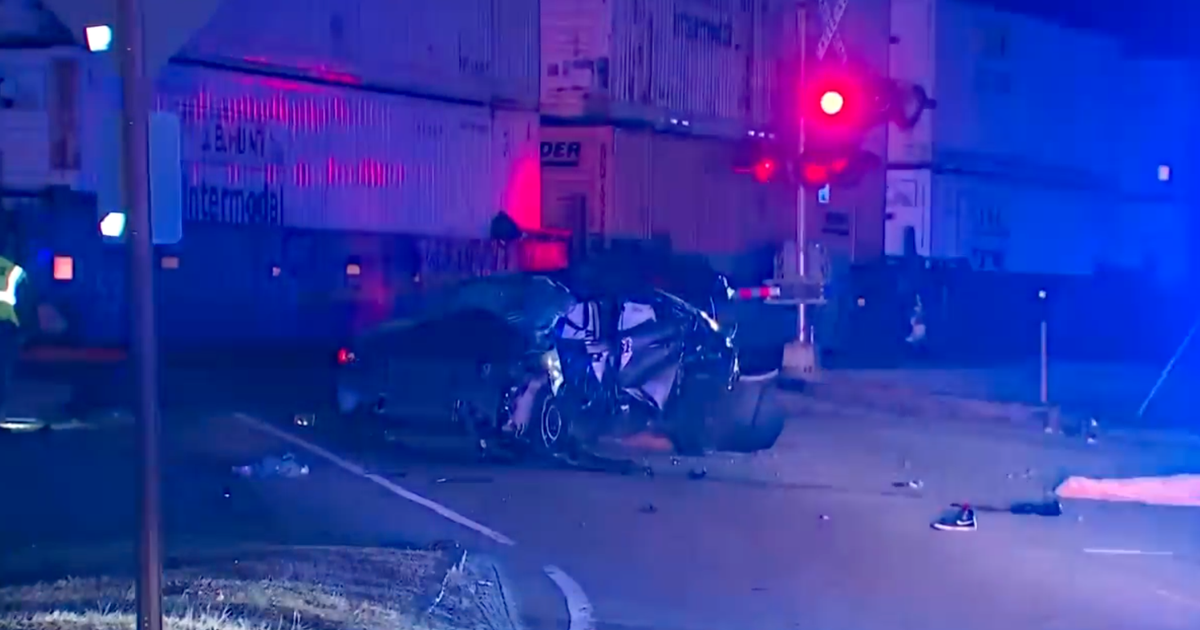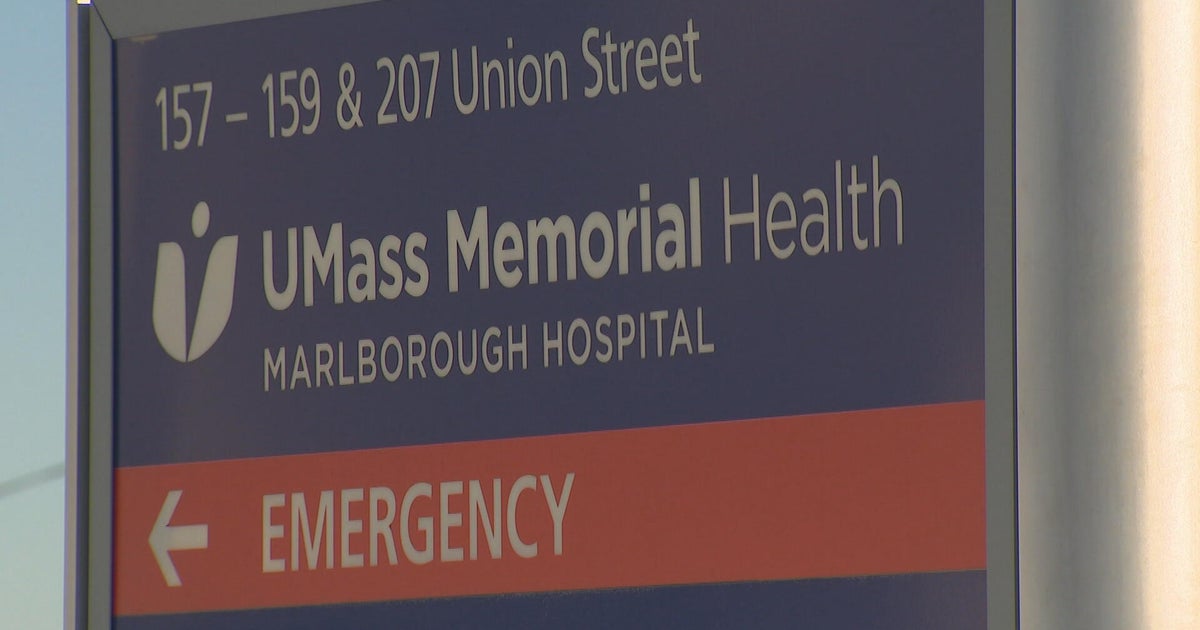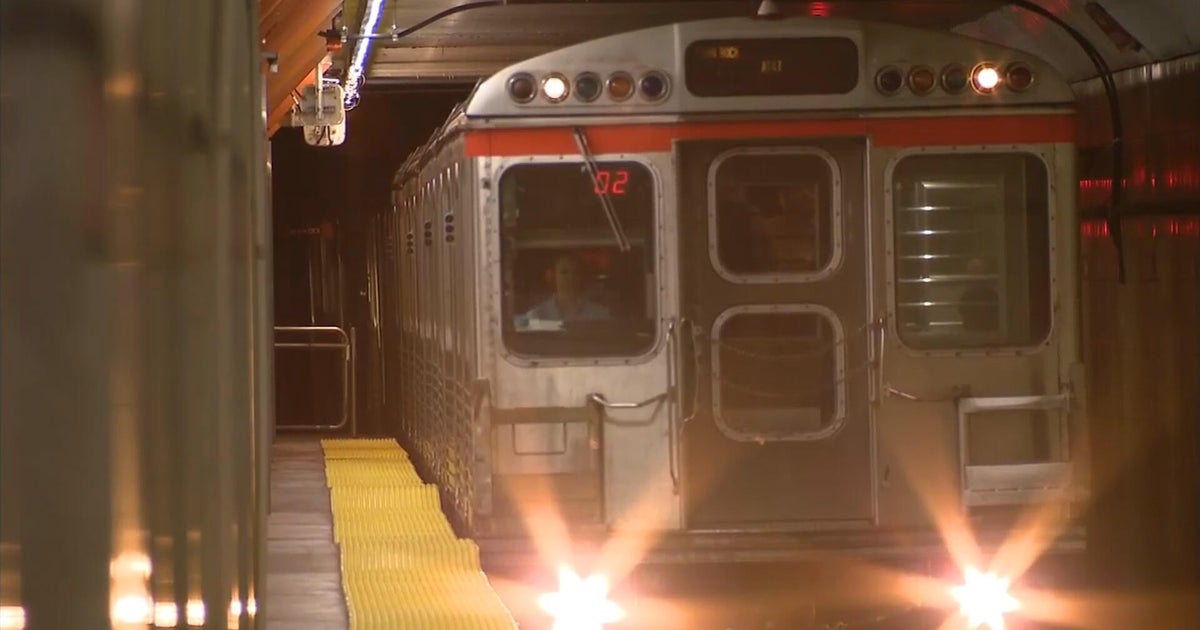Gov. Cuomo: New York State Stepping Up Ebola Training, Protocols
NEW YORK (CBSNewYork) -- We're ready. We're prepared. That was the message Thursday from state and city officials gearing up to deal with a potential Ebola outbreak.
According to Gov. Andrew Cuomo, people on the front lines state-wide are being trained and equipped to handle the deadly virus.
"Literally coordinating the entire system -- airports, trains, terminals, and the right hospitals in the right regional areas with the right training in place," Cuomo said.
All 200 hospitals across the state are prepared, officials said, but eight, including Bellevue, Mount Sinai, Long Island Jewish and North Shore-LIJ are dedicated Ebola hospitals that have special facilities for treating the disease, CBS 2's Marcia Kramer reported.
The eight hospitals selected as "first response" facilities are:
• Mount Sinai Hospital
• NewYork-Presbyterian Hospital
• Bellevue Hospital Center
• Long Island Jewish Medical Center
• Montefiore Medical Center
• SUNY Upstate Hospital
• Stony Brook University Hospital
• University of Rochester Medical Center
EBOLA: Facts About Ebola From State Health Department
Police, Emergency Medical Services, hospital workers and even Metropolitan Transportation Authority employees are being trained and drilled, Kramer reported.
"We are trying to get the entire system up to speed, but we are also developing specialized capacity and identifying certain facilities, certain workers where we can," Cuomo said during a news conference in Manhattan, alongside several agency heads.
Cuomo said he prefers that the state err on the side of caution rather than being caught unprepared.
New York State Stepping Up Ebola Training, Protocols
"I know the news is frightening," he said. "I know the front page of the newspaper is frightening, the TV news is frightening, and Ebola is a frightening disease, no doubt," the governor said.
Health officials also said they are running unannounced drills at emergency rooms around the state using people posing as patients with Ebola-like symptoms.
"We're also training and running unannounced drills on a practical circumstance basis," Cuomo said. "We'll run drills where someone is on a New York City subway train, and that person becomes ill under circumstances that one might think the person might have an Ebola candidate."
Dr. Howard Zucker, the state's acting health commissioner, said on Monday the Health Department will send teams out to hospitals to monitor their progress. He added that the state has a "stockpile" of protective equipment.
"We've teamed up ... with multiple different agencies to make sure this is a seamless process and there are no problems here and that we can move forward and make sure that we can identify patients, test them, treat them and care for them," Zucker said.
Patrick Foye, executive director of the Port Authority of New York and New Jersey, said the agency is working to make sure employees at Port Authority facilities, namely airports, are fully prepared to handle travelers with any infectious diseases.
"Ensuring the health and safety of everyone who uses or works at all Port Authorities facilities is our top priority," he said.
Foye added that no passengers screened after flying to the area from the Ebola-affected nations of Liberia, Sierra Leone and Guinea have been found to have Ebola.
At Nassau County Medical Center, hospital staff joined EMS workers, firefighters and police to learn techniques if someone there is infected, CBS 2's Jessica Schneider reported.
"It's easy to put the suit on when it's clean, but once you have some contamination on it and you're trying to remove it, you don't want to get contaminant on your skin and eventually contaminate yourself," Dr. Victor Politi said, president and CEO of Nassau County Medical Center.
MTA Chairman Tom Prendergast said his agency, too, has "been taking steps to ensure that we're protecting our customers and all of our employees." He said the MTA already has in place protocols for dealing with the disposal and removal of infectious waste, including buses and trains so that they can be cleaned.
New York City officials have also tried to quiet fears by saying the city is prepared and that Ebola is not the kind of disease you can get from taking the subway or walking on a crowded street.
"This is transmitted through bodily fluids, so we don't think it's a high risk of epidemic proportions. Are we going to get a case? We may. The public does not have to worry about an outbreak of Ebola in the city," Office of Emergency Management Commissioner Joseph Esposito said.
And because city officials don't want to spread panic, EMS dispatchers have been told not to use the word "Ebola." Instead, dispatchers are being instructed to use the code "F/T" for fever/travel to indicate that a 911 caller has a temperature and has traveled to or from a West African nation, Kramer reported.
You May Also Be Interested In These Stories







